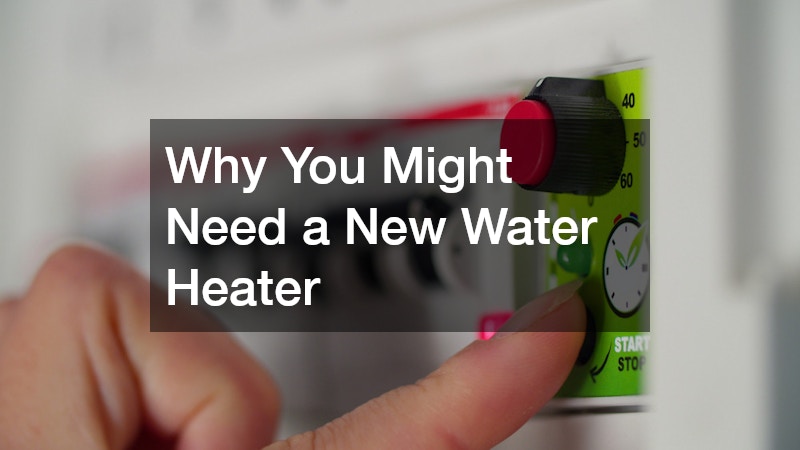
A reliable water heater should deliver steady, efficient hot water without surprises. If your unit struggles to keep up, leaves you with lukewarm showers, or drives up energy bills, it may be time to consider a replacement. Storage tank models often last 10 to 12 years with proper maintenance, while newer tankless and heat pump units can go longer, but age is still a leading indicator that failure could be near.
Water quality changes can also signal trouble. Rust-colored water suggests internal corrosion, especially if it appears only on the hot side.
A metallic taste, persistent sediment, or popping and rumbling noises point to a tank lined with scale. Visible leaks or puddles around the base mean the tank may be compromised, and patching it rarely holds for long.
Think about performance and capacity as your household evolves. If your family has grown, or you have added a bathroom, frequent hot-water shortages indicate that your current system is undersized. Long recovery times and inconsistent temperatures are common symptoms. Repeated service calls add up, and the cost of parts like anode rods, elements, or gas valves can approach the price of a new system.
Finally, efficiency standards keep improving. Replacing an outdated unit with a properly sized, high-efficiency model can lower utility costs and reduce emissions. Many homeowners also upgrade during broader renovations to meet code, relocate equipment, or switch fuel types. A licensed professional can assess your needs, recommend options, and perform water heater installation safely and to local requirements.

